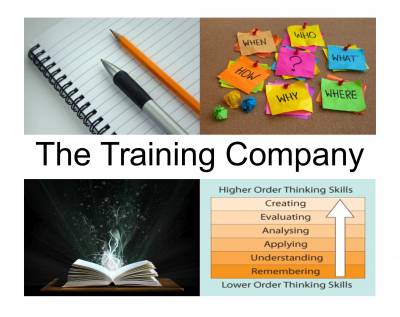This Linux kernel course provides in-depth knowledge and practical skills required to understand, modify, and contribute to the Linux kernel, which is the core of the Linux operating system.
Topics covered in a Linux kernel course are as follows:
1. Introduction to Linux Kernel
- Overview of the Linux operating system and its components
- Understanding the role and significance of the Linux kernel
- Linux kernel architecture and design principles
2. Linux Kernel Development Environment
- Setting up a development environment for Linux kernel programming
- Working with GNU toolchain (GCC, Make, etc.) and build systems (e.g., Makefile)
- Introduction to version control systems (e.g., Git) for kernel development
3. Kernel Source Code Structure and Organization
- Understanding the directory structure of the Linux kernel source code
- Overview of key kernel subsystems (e.g., process management, memory management, file systems)
- Exploring kernel configuration options and compilation process
4. Kernel Boot Process and Initialization
- Understanding the Linux boot process from power-on to user space
- Kernel initialization and hardware initialization routines
- Kernel command-line parameters and boot-time configuration
5. Process Management and Scheduling
- Process creation, scheduling, and termination
- Process states and context switching
- Process synchronization and inter-process communication mechanisms
6. Memory Management and Virtual Memory
- Memory management concepts in the Linux kernel
- Virtual memory management and page replacement algorithms
- Memory allocation and deallocation mechanisms
7. Device Drivers and I/O Subsystems
- Overview of device drivers and their role in the kernel
- Device driver model and framework (e.g., Device Tree, Platform Device)
- Interfacing with hardware devices and managing I/O operations
8. File Systems and Storage
- File system concepts and organization
- Linux file system hierarchy and popular file systems (ext4, Btrfs, etc.)
- Disk storage and block I/O subsystem
9. Kernel Debugging and Performance Analysis
- Techniques for debugging kernel code and troubleshooting issues
- Profiling and performance analysis tools (e.g., perf, ftrace)
- Tracing kernel events and analyzing system performance
10. Kernel Configuration and Customization
- Customizing the Linux kernel configuration and enabling/disabling features
- Building and deploying custom kernel images
- Kernel module management and loading/unloading modules
11. Kernel Security and Integrity
- Security features and mechanisms in the Linux kernel
- User and group management in the kernel
- Kernel hardening techniques and best practices
12. Contributing to the Linux Kernel
- Understanding the Linux kernel community and development process
- Submitting kernel patches and working with the patch submission workflow
- Collaborating with kernel maintainers and participating in the development community
The actual course content and duration may vary depending on the specific training program or institution offering the course. Additionally, advanced topics such as kernel internals, networking, real-time systems, and power management may be covered in more specialized or advanced courses.


